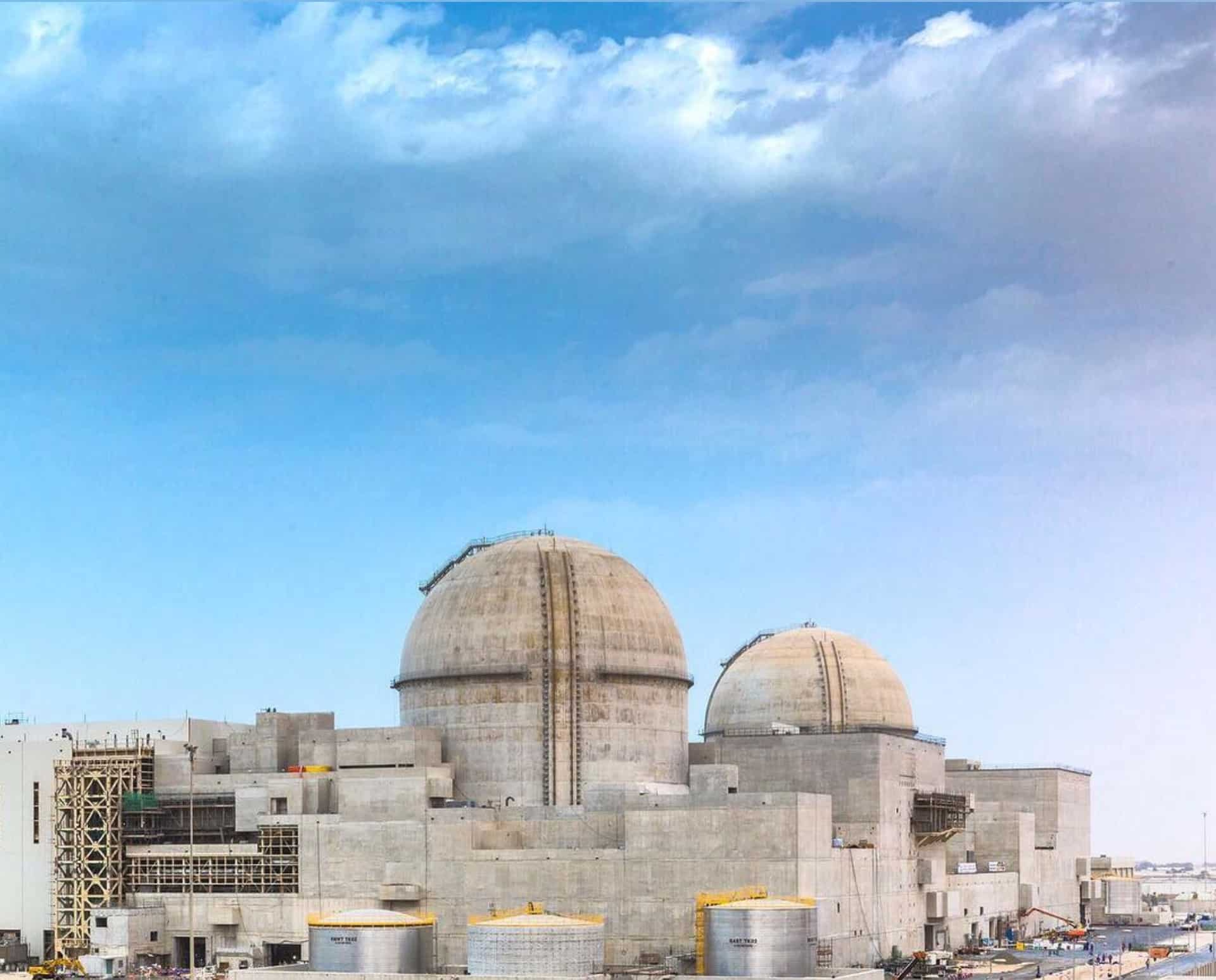ABU DHABI, UAE – An International Atomic Energy Agency team of experts said the UAE’s Barakah Nuclear Power Plant (NPP) had strengthened operational safety by addressing the findings of a previous IAEA safety review mission which took place five years ago.
The Operational Safety Review Team (OSART) had concluded a five-day follow up mission to the Barakah NPP.
The mission, which focused on Unit 1 of the plant, was carried out at the request of the Government of the UAE to evaluate progress in addressing the findings of the IAEA’s pre-OSART mission that took place in 2017, three years prior to the start of operations in 2020.
OSART missions aim to improve operational safety by independently assessing safety performance against the IAEA’s safety standards, by proposing recommendations for improvement.
Safety is an essential element during commissioning and the subsequent operation of a nuclear power plant.
The plant, owned by the Emirates Nuclear Energy Corporation (ENEC), is located in the Al Dhafra region of Abu Dhabi Emirate in the UAE, 280 km west of Abu Dhabi city.
Two 1400 MW pressurized water reactors have been operational since 2020 and 2021.
The third unit is due to start up in coming months, with all four units due online by 2025.
The operator is Nawah Energy Company, a joint venture between ENEC and Korea Electric Power Company (KEPCO), which is also the prime contractor for the Barakah plant.
Mohamed Ibrahim Al Hammadi, Managing Director and CEO of ENEC, said, “It has been a pleasure to host the IAEA at Barakah, as part of our commitment to transparent operations and in line with all national regulations and international standards.”
He said, “We thoroughly analyzed the findings of the IAEA’s Pre-OSART Mission in 2017 and developed a comprehensive action plan to address these findings in advance of the start of operations back in 2020.”
He added, “We are pleased that the IAEA OSART team has identified that all of the findings identified back in 2017 have been successfully resolved, moving our operational safety performance to a new level, which we will further build on as part of our commitment to continuous improvement in nuclear safety.”
IAEA Director of the Division of Nuclear Installation Safety Anna Hajduk Bradford said, “IAEA safety review missions are essential in supporting our Member States, particularly those who are embarking in a new nuclear power program to establish high standards using IAEA Safety Standards as the basis from the beginning.”
She said, “We are glad to witness the improvement that has been made using the OSART mission service. We will encourage the Barakah NPP to continue to take full advantage of the IAEA review service and support in the future.”
Kari Maekelae, mission team leader and Senior Safety Officer at the IAEA Department of Nuclear Safety and Security, said, “The plant has completed corrective actions to address all of the findings of the mission in 2017. We are pleased to observe significant improvement.”
He said, “The team encourages the plant to continue to apply the relevant corrective actions to Unit 4, which is currently under construction.”
The team provided a draft report of the mission to the plant management. They will have the opportunity to make factual comments on the draft.
These comments will be reviewed by the IAEA and the final report will be submitted to the UAE Government within three months.

